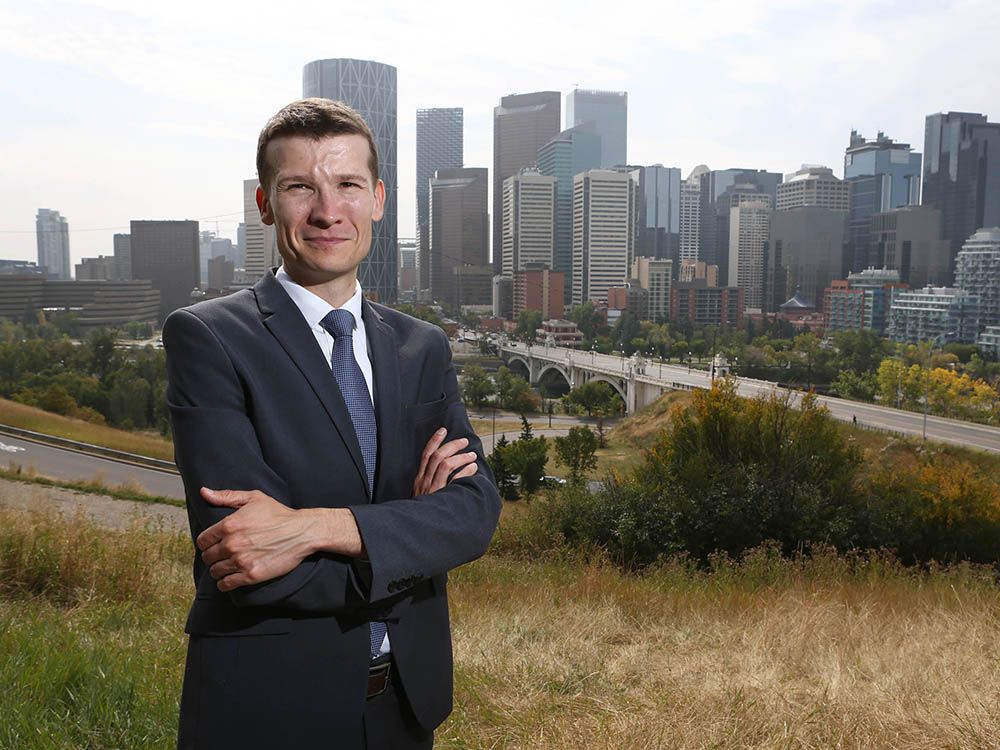Social Justice
Active Member
I just find it weird that people are more comfortable with unelected judges making decisions about whether or not someone should be criminally charged based on their speech than they are with elected municipal governments reserving City-owned facilities for relatively uncontroversial and benign events.
As I've already said, the City cannot avoid using discretion in promoting certain expressions over others, even if it wanted to. The Calgary's motto "be part of the energy" promotes the oil and gas sector over other possible messages. Toronto's motto "diversity our strength" promotes multiculturalism. The City is not and cannot possibly be a neutral player in public speech. We should not expect it to be one. Rather, we should decide democratically the speech that the City should and should not provide a platform for.
I too find it weird that judges can decide whether or not someone should be criminally charged with speech. I also don't think that deciding who can speak in a public space should be put to a democratic vote, as it violates the civil rights of an individual. Democracy can be tyrannical. The dikastes of Athens voted to kill Socrates based on trumped up charges that he was corrupting the youth of Athens. The human and civil rights of an individual must be protected from the tyranny of the majority. (I wish civics were still taught in high school)
Pulling a permit to hold a speech in the atrium of a civic building is not a tacit endorsement of the speaker. I like what you said about Toronto's motto. If diversity is strength, then why not celebrate the diversity of ideas and opinions?
The world needs more freedom, and less authoritarianism.





